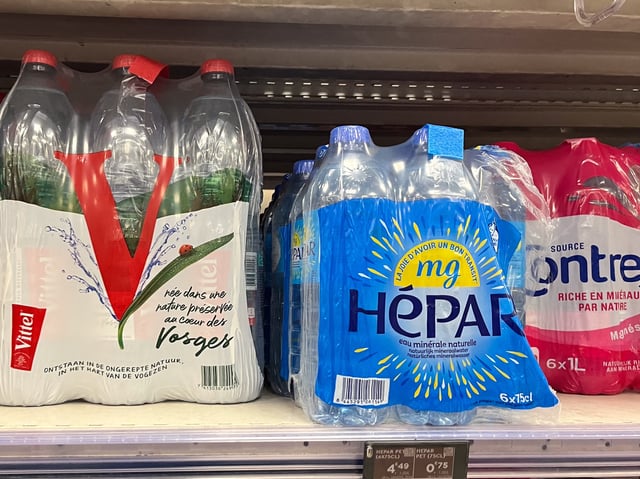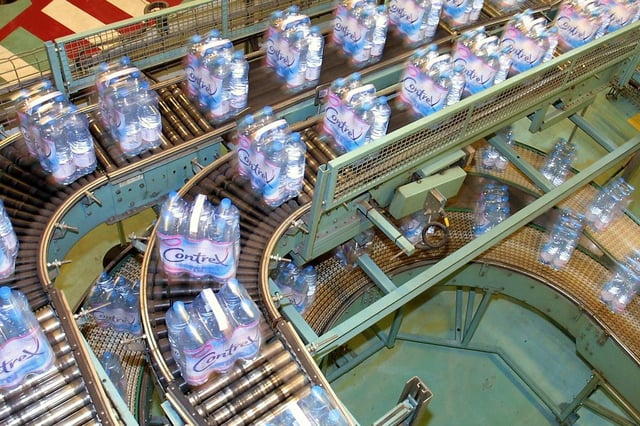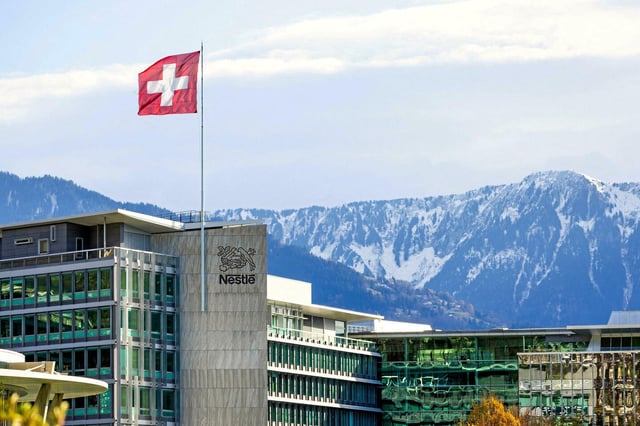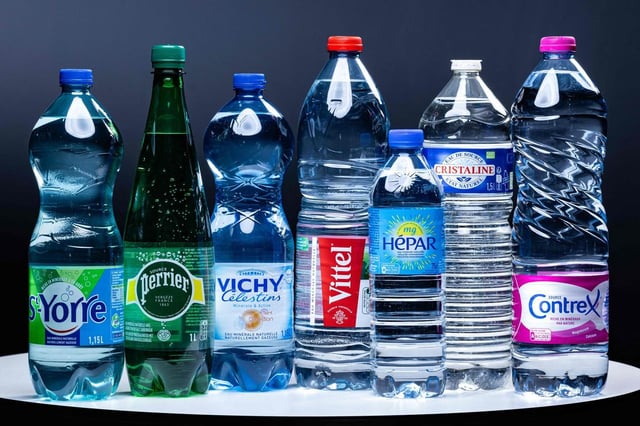Overview
- An inquiry by the French Biodiversity Office and Oclaesp measured 515 microplastic particles per liter in Contrex and 2,096 per liter in Hépar, up to 1.3 million times higher than in natural waters.
- The Parquet de Nancy charged Nestlé Waters over four unauthorized dumps totaling 473,700 m³ at sites in Contrexéville, They-sous-Montfort, Saint-Ouen-Les-Paréy and Crainvilliers.
- Prosecutors allege that discharged microplastics have rendered local surface and groundwater inhospitable to aquatic life and pose harmful effects to human health, flora and fauna.
- Nestlé Waters denies any proven pollution and maintains that its mineral waters are safe to drink based on analyses shared with authorities.
- The case underscores a regulatory gap for microplastics in bottled water as negotiators work on a U.N. treaty to curb plastic pollution.



